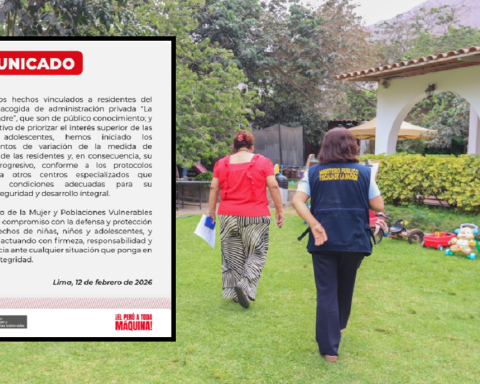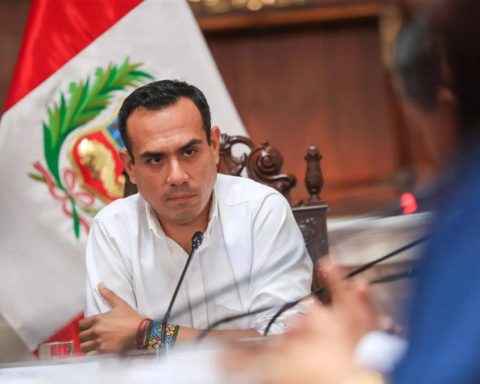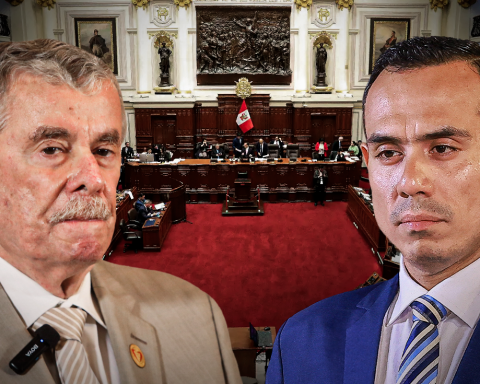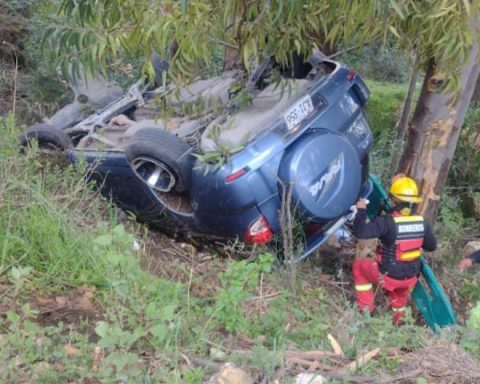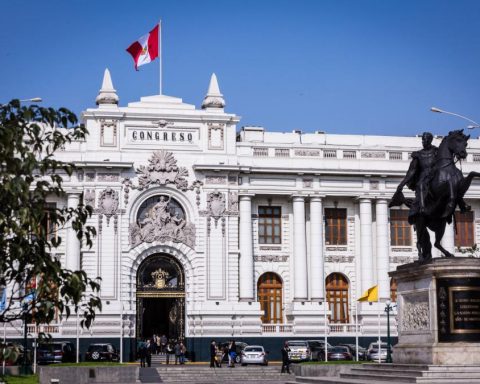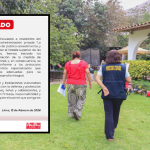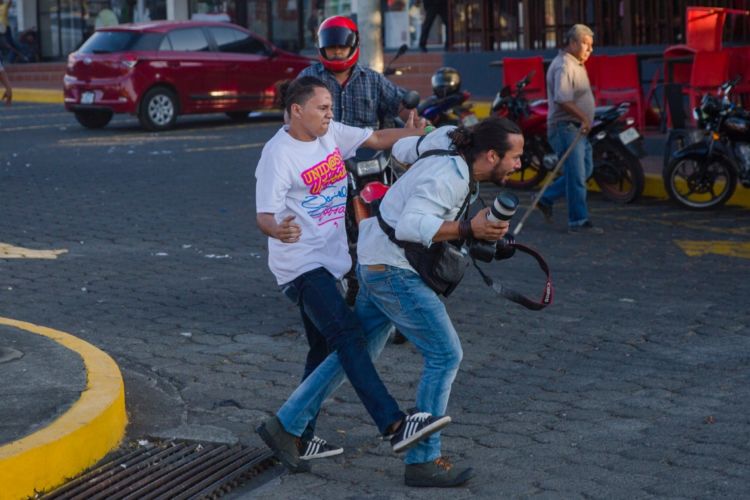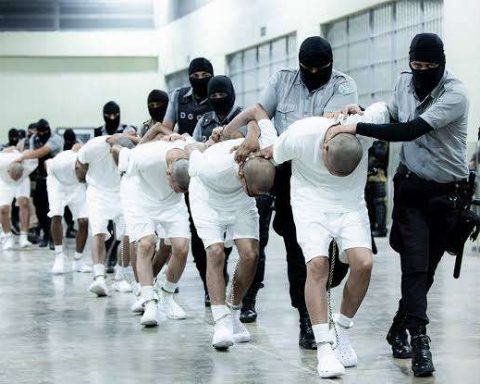After the commotion generated by the femicide of Sheyla Mayumi Cóndor Torres, 26, from Tarme, we spoke with former magistrate Emiliano Ramos Álvarez who has closely followed similar cases (he was the Judge in the case of Edith “the girl with the suitcase”) and offers us her perspective on gender violence in Peru.
What is your opinion on the Sheyla Cóndor case?
Sheyla’s case is heartbreaking and reflects an alarming reality in our society. Violence against women remains a critical problem, and this femicide is a painful reminder that we need to act urgently.
The main suspect, Warrant Officer Darwin Marx Condori Antezana, was found dead in a hostel. What implications does this have for research?
His death complicates things considerably. Although it has been reported as a suicide, the question always remains as to whether it really was like that or if someone silenced him to prevent him from speaking. His testimony could have been key to clarifying the facts.
You mentioned that there are similarities between this case and that of the girl found in a suitcase in Huancayo in 2016. Could you elaborate on that?
Clear. Both cases involve perpetrators who faced severe penalties and who made drastic decisions in the end. In the girl’s case, the murderer confessed to his crime before committing suicide. We now see a similar pattern with Condori Antezana. This leads us to ask ourselves: what moral burden do these individuals carry? It is a complex issue that deserves attention. The similarity between both cases highlights a broader problem about how these situations are handled and how criminals face the consequences of their actions.
What preventive measures do you consider necessary to address this problem?
It is essential to implement educational programs that teach people about respect and gender equality from an early age. In addition, institutions must work together to offer support to victims and create an environment where they feel safe when reporting.
In your experience, how can current laws be improved to protect women?
The laws are strict, but their application is crucial. We need to ensure that those responsible face real consequences for their actions. It is also important to conduct ongoing training for members of law enforcement and the judicial system to handle these cases sensitively and effectively.
In your experience as a magistrate, what lessons can we learn from these tragic events?
A clear lesson is the urgent need to improve action protocols in response to reports of gender violence and disappearances. Institutions must be better prepared to act quickly and sensitively in these situations. It is also essential to foster a culture where victims feel safe to report without fear of retaliation or being dismissed.
Speaking about the social context, how do you perceive the community’s reaction to these cases?
The community has begun to react more strongly to these crimes, which is positive. The demonstrations and protests demanding justice are signs that society is not willing to remain silent in the face of violence against women. However, there is also a widespread feeling of frustration and helplessness because many feel that not enough is being done to prevent these crimes.
Finally, what message would you like to convey to the community regarding these cases?
I want to urge the community not to remain silent in the face of gender violence. It is essential that we all remain alert and support the victims. Prevention starts with us, and everyone has an important role to play in the fight against this violence. And to the population, you have to be very careful when dealing with strangers.

